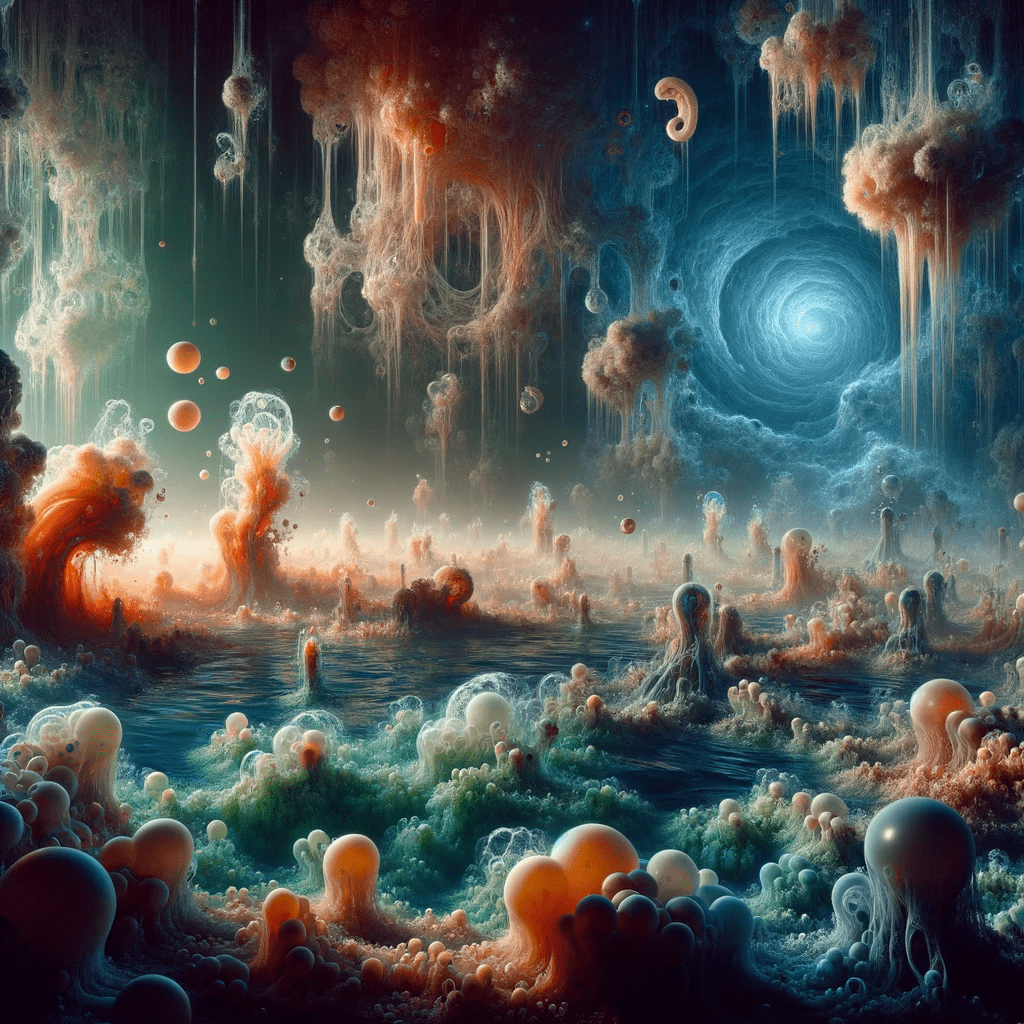Shadow Biosphere

The concept of a shadow biosphere is a hypothetical idea that proposes the existence of life forms on Earth that are based on different biochemistry than the life forms that are currently known and studied. This idea suggests that there may be alternative forms of life on Earth that have gone unnoticed because they do not conform to the biochemistry of known life forms. The shadow biosphere theory has gained attention and interest from astrobiologists and researchers studying the origin and evolution of life on Earth and beyond.
The concept of a shadow biosphere was first introduced in a 2004 paper by Paul Davies, a physicist and astrobiologist at Arizona State University, and Charles Lineweaver, an astrobiologist at the University of New South Wales in Australia. The paper proposed that there may be alternative forms of life on Earth that use different biochemical building blocks and metabolic processes than the life forms that are currently known and studied.
According to the shadow biosphere hypothesis, these alternative life forms may exist in extreme environments that are inhospitable to known life forms, such as in deep sea hydrothermal vents or acidic hot springs. Alternatively, they may exist in more accessible environments, but have gone unnoticed because they are not detected by the tools and methods that are currently used to study life.
While the concept of a shadow biosphere is still largely speculative and has not been confirmed by scientific evidence, some researchers have suggested that it could have implications for the search for extraterrestrial life. For example, if there are alternative forms of life on Earth, it is possible that similar forms of life could exist on other planets, and could be missed by current methods of detection.
Facts about the shadow biosphere hypothesis:
- In a 2010 study published in the journal Astrobiology, researchers analyzed water samples from Mono Lake in California, which has high levels of arsenic. They discovered a new species of bacteria that appeared to be able to use arsenic instead of phosphorus to build its DNA. While the discovery was controversial and later challenged, it raised questions about the possibility of alternative biochemistry on Earth.
- Some researchers have suggested that the discovery of a shadow biosphere could have implications for the search for life on other planets. If there are alternative forms of life on Earth, it is possible that similar forms of life could exist on other planets, and could be missed by current methods of detection.
- While the concept of a shadow biosphere is still largely speculative, it has gained attention and interest from astrobiologists and researchers studying the origin and evolution of life on Earth and beyond. Some experts have suggested that the discovery of a shadow biosphere could have profound implications for our understanding of the potential diversity of life in the universe.
There have been several books written about the shadow biosphere theory, including “Shadow Life: Thriller” by Jason M. Burns, which is a fictional thriller based on the concept of a shadow biosphere. There are also several scientific books and articles that discuss the theory in more detail, including “The Shadow Biosphere: Life as We Don’t Know It” by David Toomey, and “The Quest for a Universal Theory of Life” by Paul Davies.
The concept of a shadow biosphere has been proposed as a potential explanation for the existence of extraterrestrial life. It is possible that life forms on other planets may be based on biochemistry that is fundamentally different from what we understand as life on Earth, and therefore may not be detectable using our current methods of searching for life. If a shadow biosphere exists, it would mean that there could be alien life forms right under our noses that we are unable to recognize as such.
Some scientists have speculated that if we are to discover extraterrestrial life, it may not necessarily be in the form that we expect. For example, it is possible that alien life forms may not use DNA as the genetic code, but rather a different molecule altogether. This would make it difficult for us to detect their presence, as we currently use DNA-based probes to search for signs of life.


